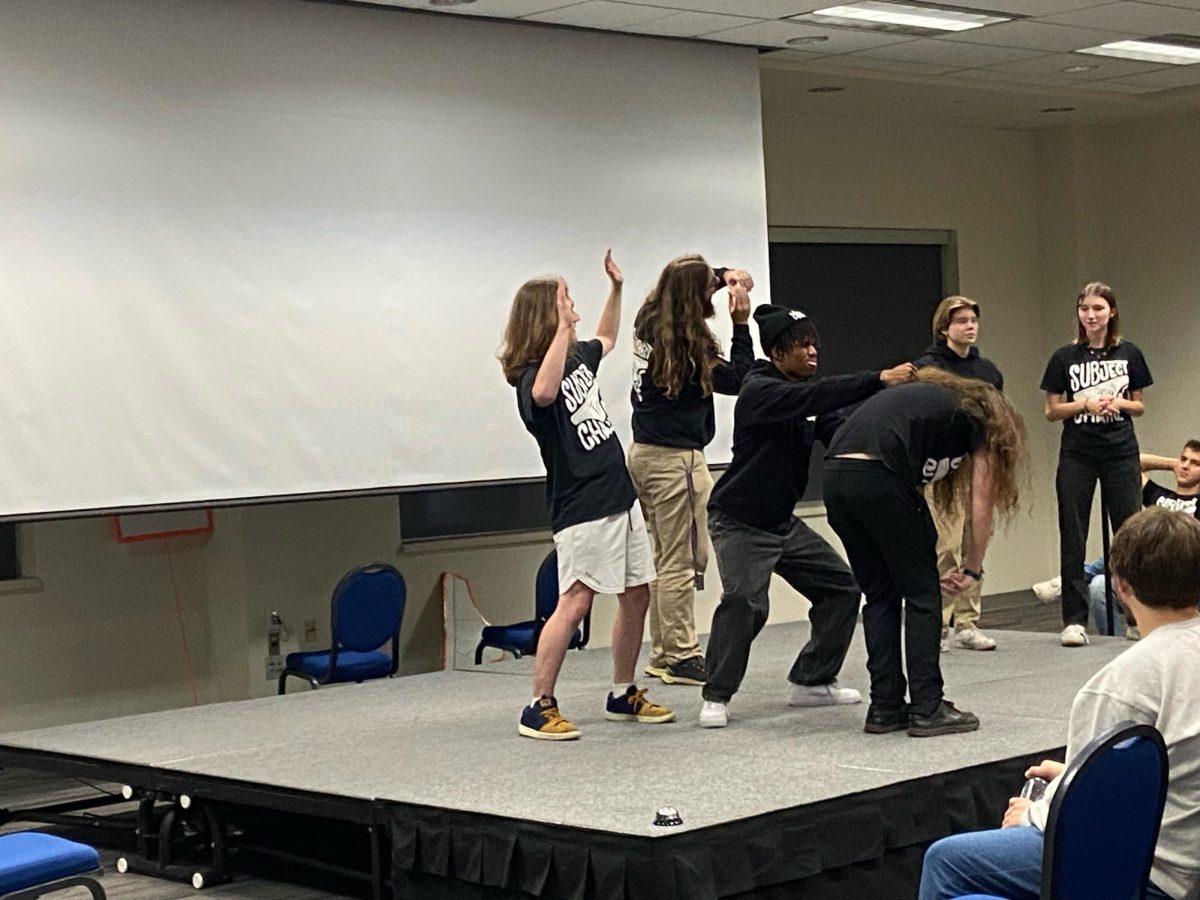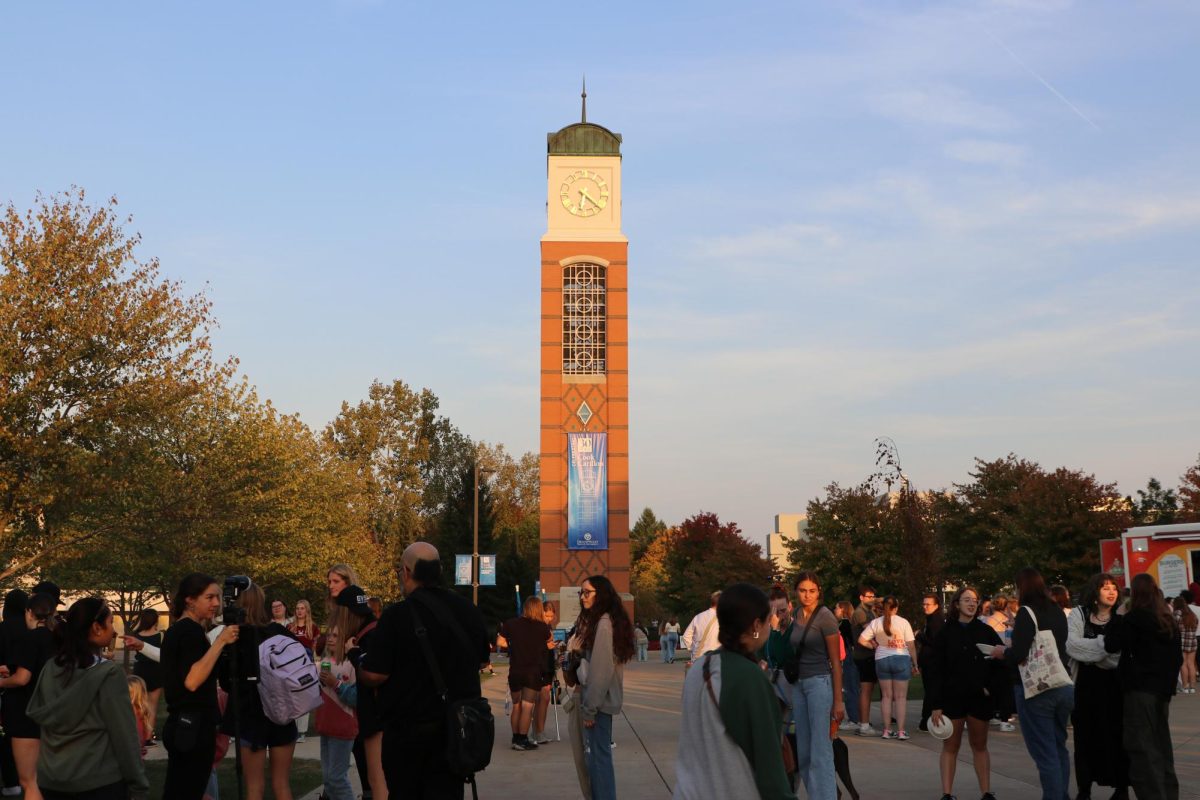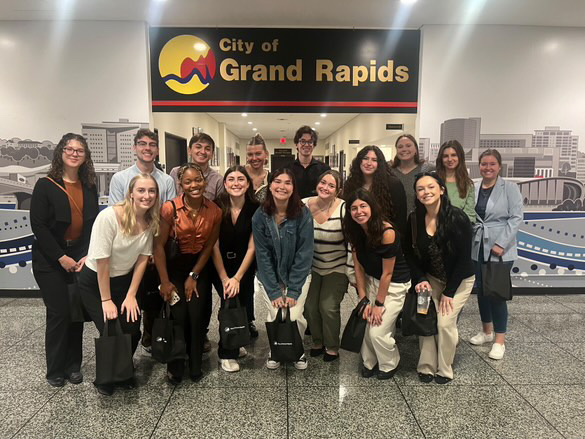Humanists, beware: Louis Menand and the precarious state of doctoral education

Jan 14, 2016
Last month, I enjoyed a thought-provoking lecture organized by the Hauenstein Center for Presidential Studies. The speaker: Louis Menand, a professor of English at Harvard and staff writer for the New Yorker. Menand’s remarks focused on his 2010 book, “The Marketplace of Ideas.”
Covering general education and graduate training alike, the text is an important resource for readers seeking to understand several defining issues of life in academia today.
Despite my steadfast belief in the value of the academic enterprise, Menand’s work has lent fuel to my frustrated ambivalence about the present system of doctoral education in the humanities.
Those considering the possibility of earning a PhD in any humanistic discipline should take heed of his sobering analysis. For Menand, the troubled state in which this system finds itself began to take root around 1970, via three consequential developments.
First, Menand argues that many institutions prioritized research over teaching and service at this time, prompting an increase in the supply of candidates for the professoriate as more schools established doctoral programs to elevate their profiles.
This development also precipitated a lengthening of average time to degree, as students took longer to finish their dissertations in hopes of satisfying the higher expectations placed upon their research by potential employers.
At roughly the same time, the vast expansion of American higher education during the post-war era came to an abrupt halt, leaving the system with far too many doctoral programs relative to the gradually stagnating number of available tenure-track positions in the humanities.
Finally, Menand finds that 1970 also marked the advent of a decline in the proportion of undergraduates majoring in the humanities, a trend which has continued into the present.
Taken together, these three phenomena explain a number of current woes.
For example, Menand states that the median time to degree for doctorates in humanistic disciplines is nine years, starting from enrollment in a graduate program and not including semesters of absence. In his home discipline of English, only about half of those who enter doctoral programs finish them.
Of individuals who earn the degree, around half become tenured professors. Out of those who earn tenure, most work at institutions other than the research universities for which they were trained.
Mired in stubborn anachronism and bewildering contradiction, this is a morbidly inefficient system that can damage the lives of those who interact with it. As such, Menand suggests that serious reform is in order. By restructuring doctoral programs in order to shorten time to degree and encourage career diversity, Menand believes that the humanities could enjoy a better future.
His argument is compelling.
However, I fear that those who have the power to initiate such reforms lack any significant incentive to do so. Graduate students and contingent faculty – often poorly compensated – conduct the majority of teaching in higher education today.
In raw financial terms, universities benefit immensely from the oversupply that they create. Humanists, beware: morally incompatible though they are, even education and exploitation can walk hand in hand.






















